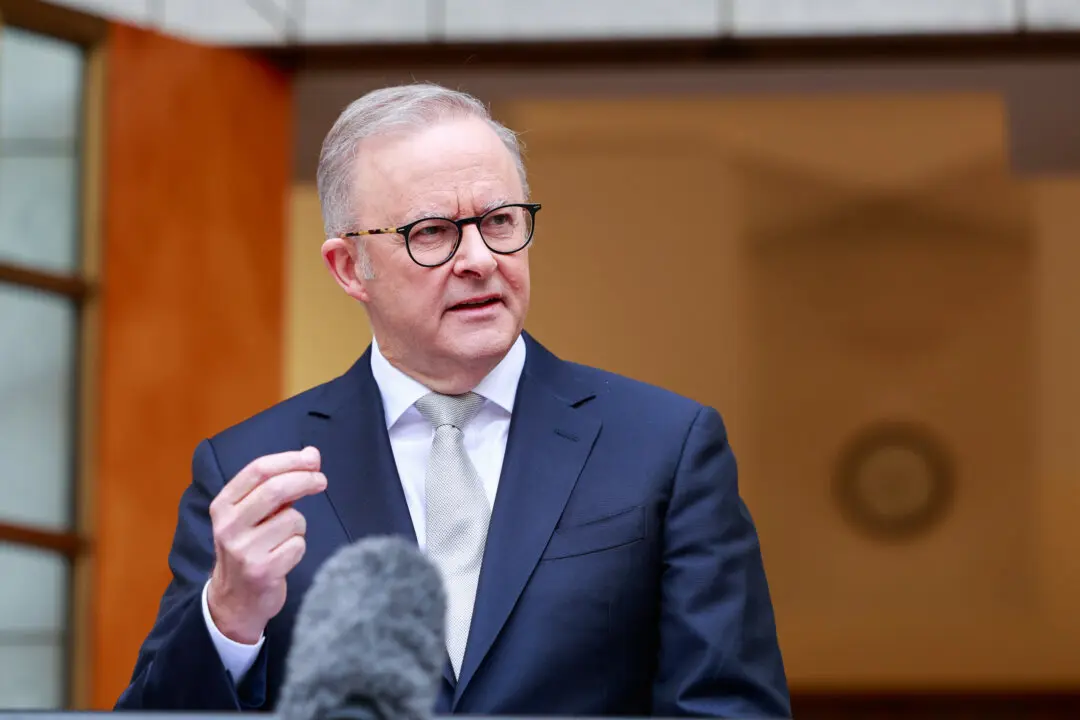Barely a day after being banished from Facebook, Australian MP Craig Kelly has acted swiftly to propose a new Bill that will seek to rein in the power of Big Tech companies like Facebook.
The Independent Member for Hughes is basing the Bill on a similar law passed overnight in Florida that will penalise social media companies if they remove political candidates from their platform, a practice also known as de-platforming.





